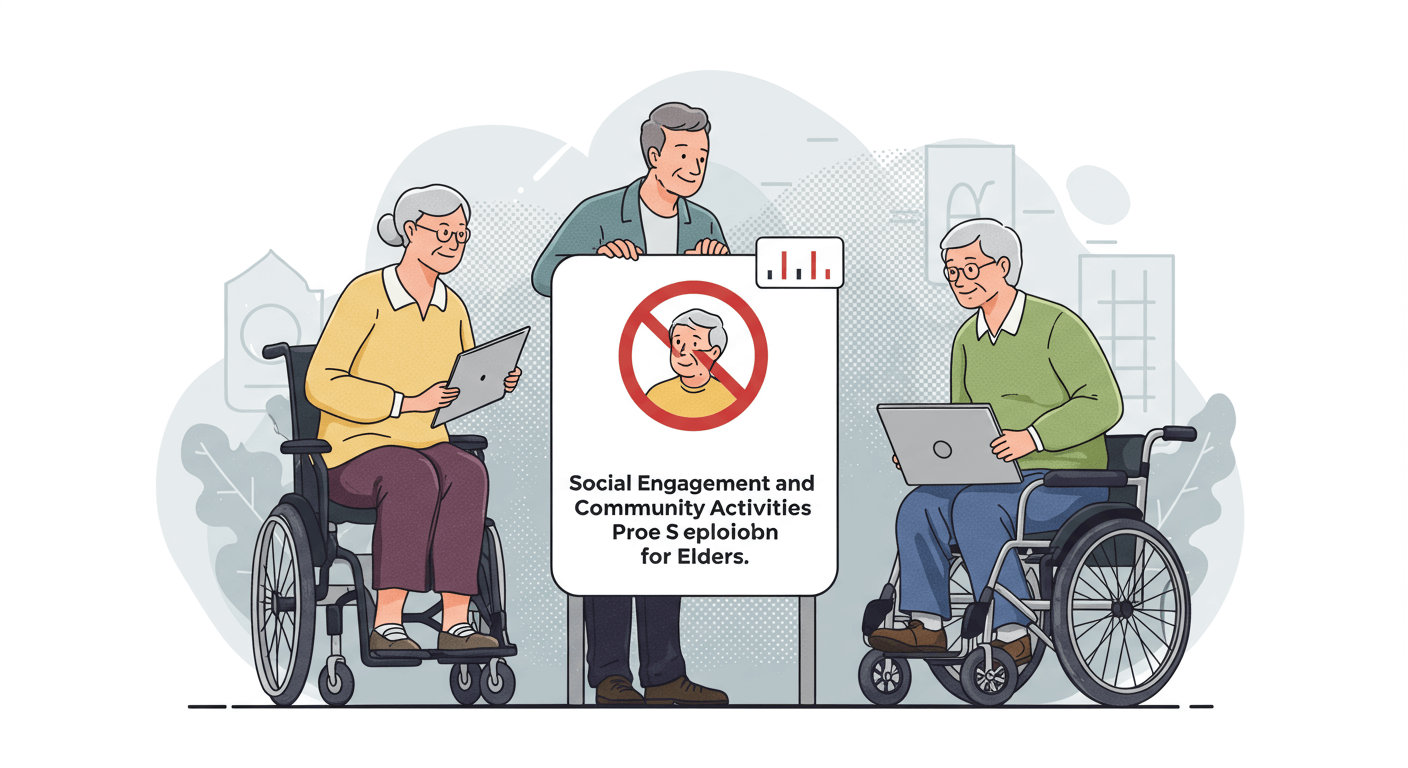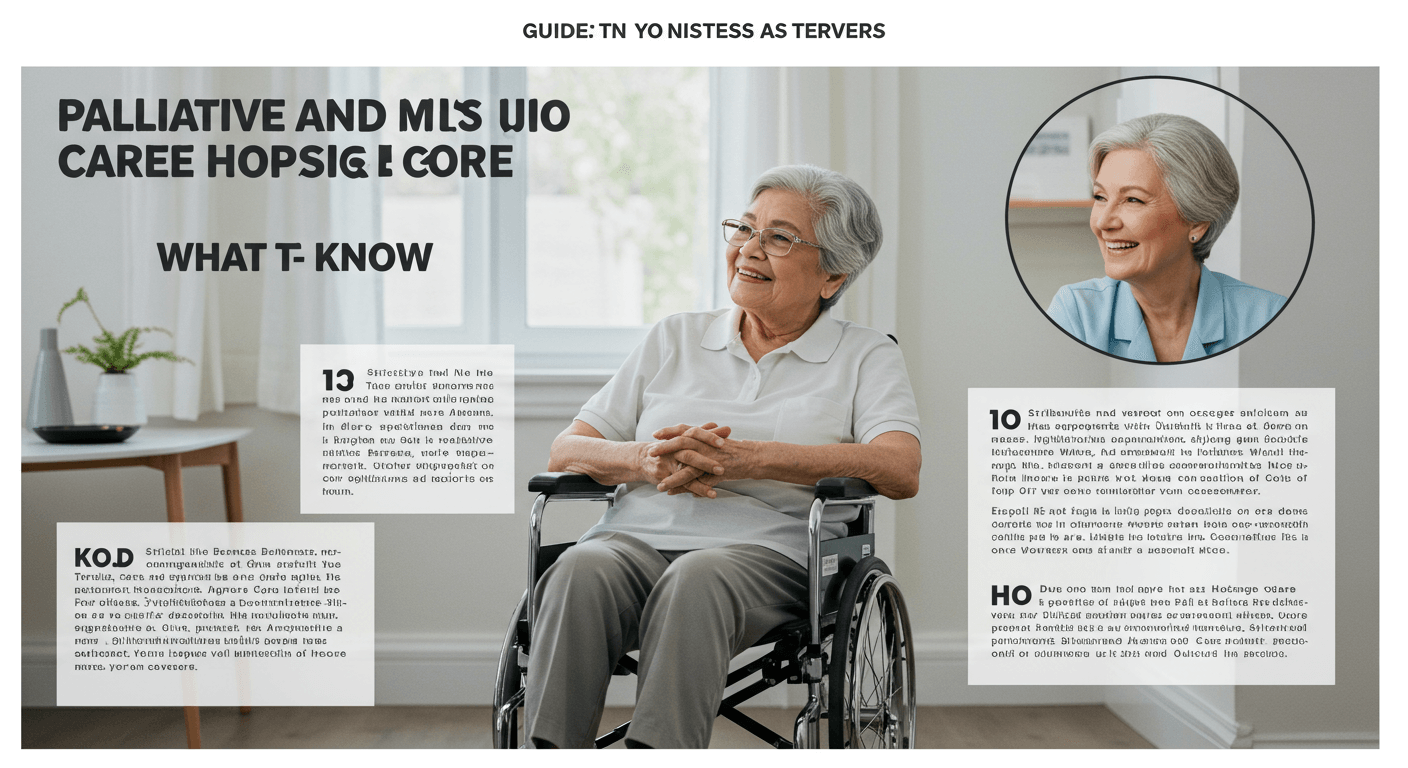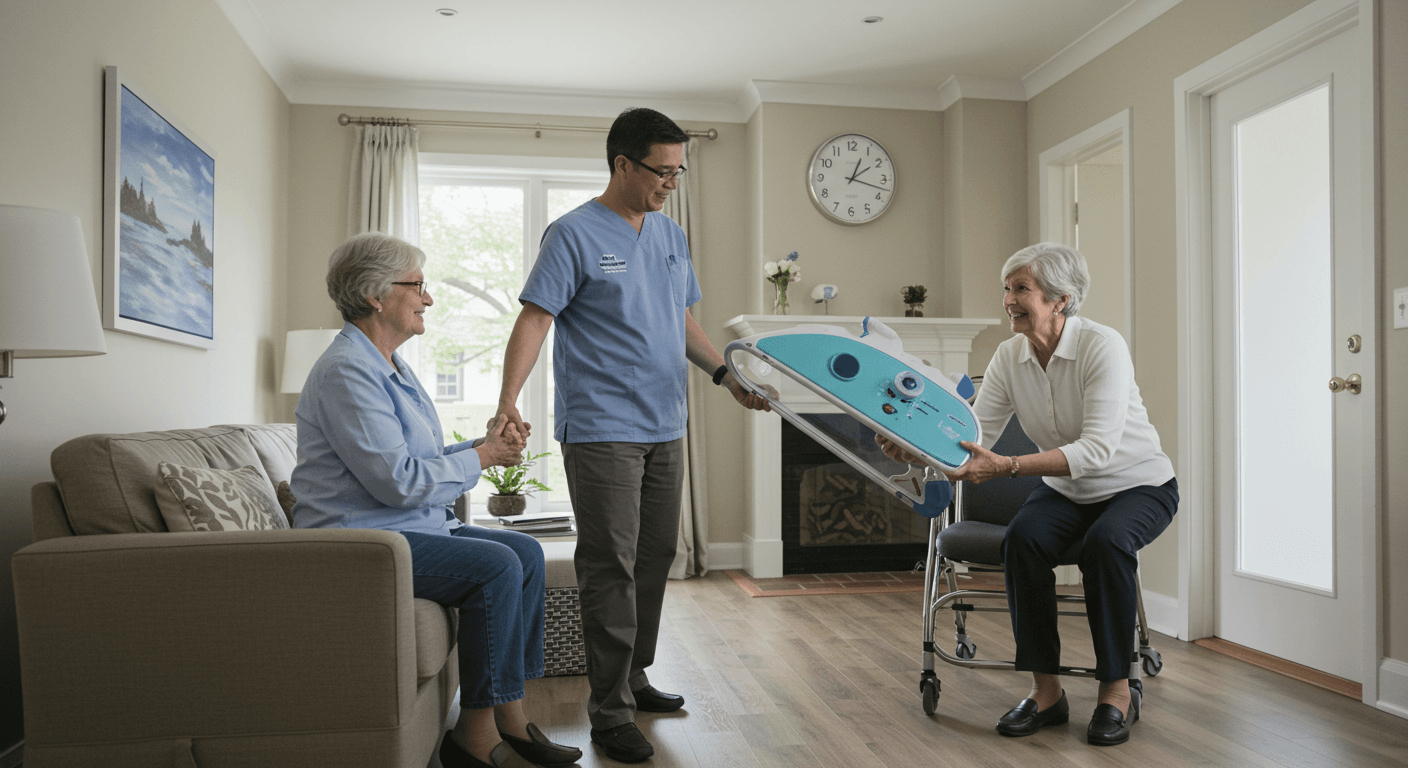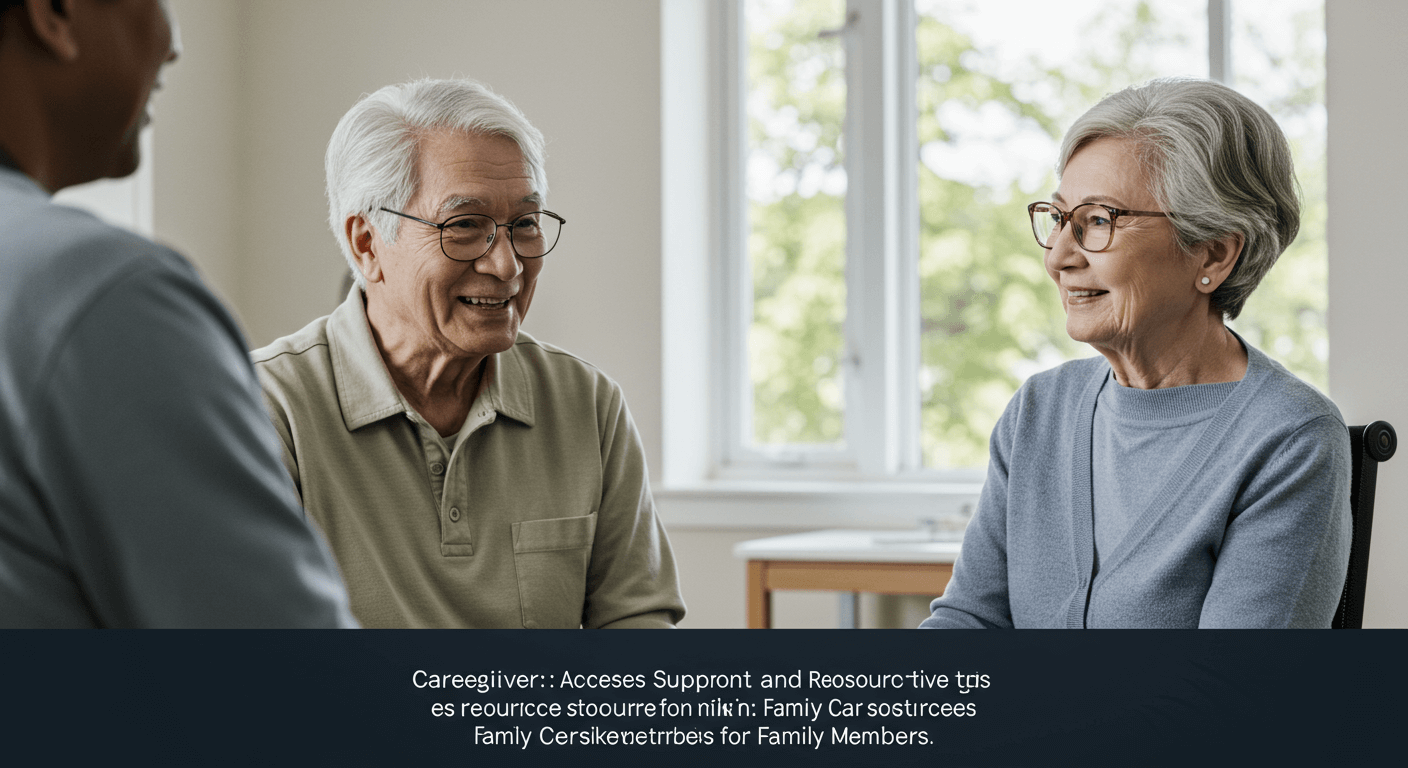Social Engagement and Community Activities for Elders
Expert advice on engaging seniors in community activities to promote social well-being and prevent isolation.

Maintaining social connections is vital for seniors' mental and emotional health. This guide provides practical ways to keep elders engaged in their communities.
1. Identify Local Senior Centers
Research community centers offering programs tailored for older adults, such as group exercises, crafts, or educational workshops.
2. Explore Volunteer Opportunities
Match seniors with volunteer roles that suit their abilities, like mentoring, library assistance, or helping at local events.
3. Join Social Clubs or Groups
Encourage participation in book clubs, gardening groups, or hobby-based gatherings to foster friendships and shared interests.
4. Attend Cultural or Educational Events
Visit museums, attend lectures, or join classes at community colleges to stimulate the mind and encourage social interaction.
5. Utilize Technology for Connection
Set up video calls, social media, or online games to help seniors stay in touch with family and friends, reducing feelings of isolation.
The Science Behind Social Engagement
Studies show that regular social interaction can lower risks of depression, improve cognitive function, and increase longevity in older adults.
Emergency guidance
Signs of Social Isolation
Watch for withdrawal, loss of interest in activities, or changes in mood, which may indicate a need for immediate social intervention.
Crisis Resources
Contact local senior services or hotlines if isolation leads to severe depression or health decline for prompt support and guidance.
Pro tips
- Schedule regular outings to maintain routine and anticipation.
- Combine physical activity with social events, like walking groups, for dual benefits.
Common pitfalls
Neglecting social engagement can lead to loneliness, increased health issues, and faster cognitive decline, emphasizing the need for proactive community involvement.
Recommended reads



You may also like






